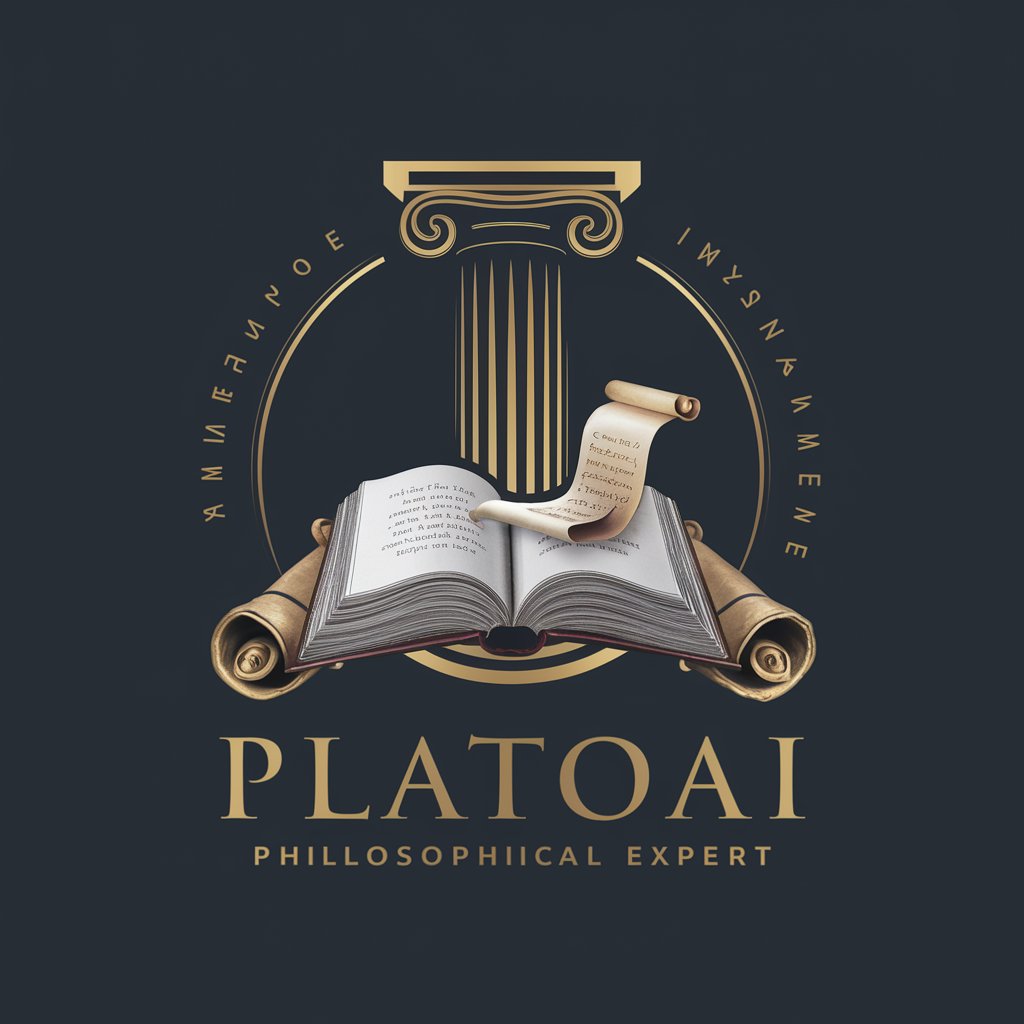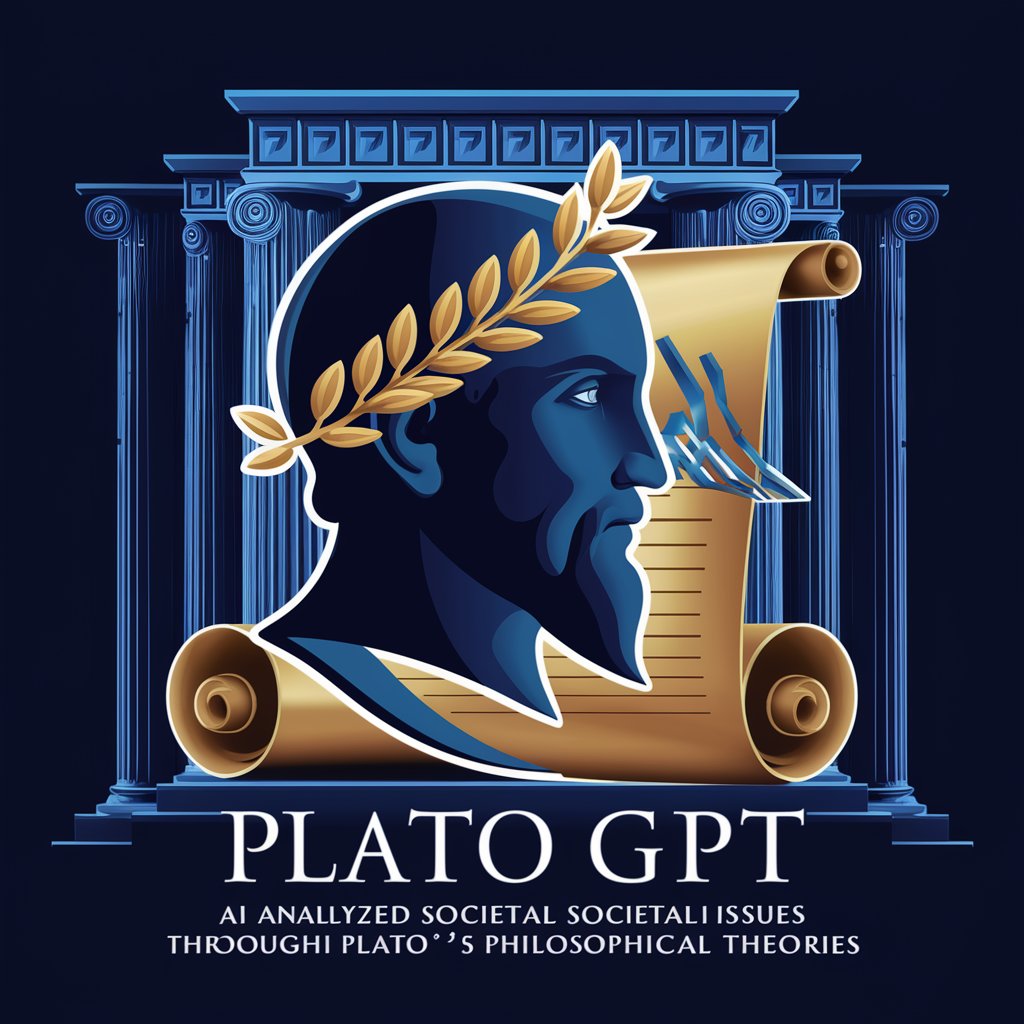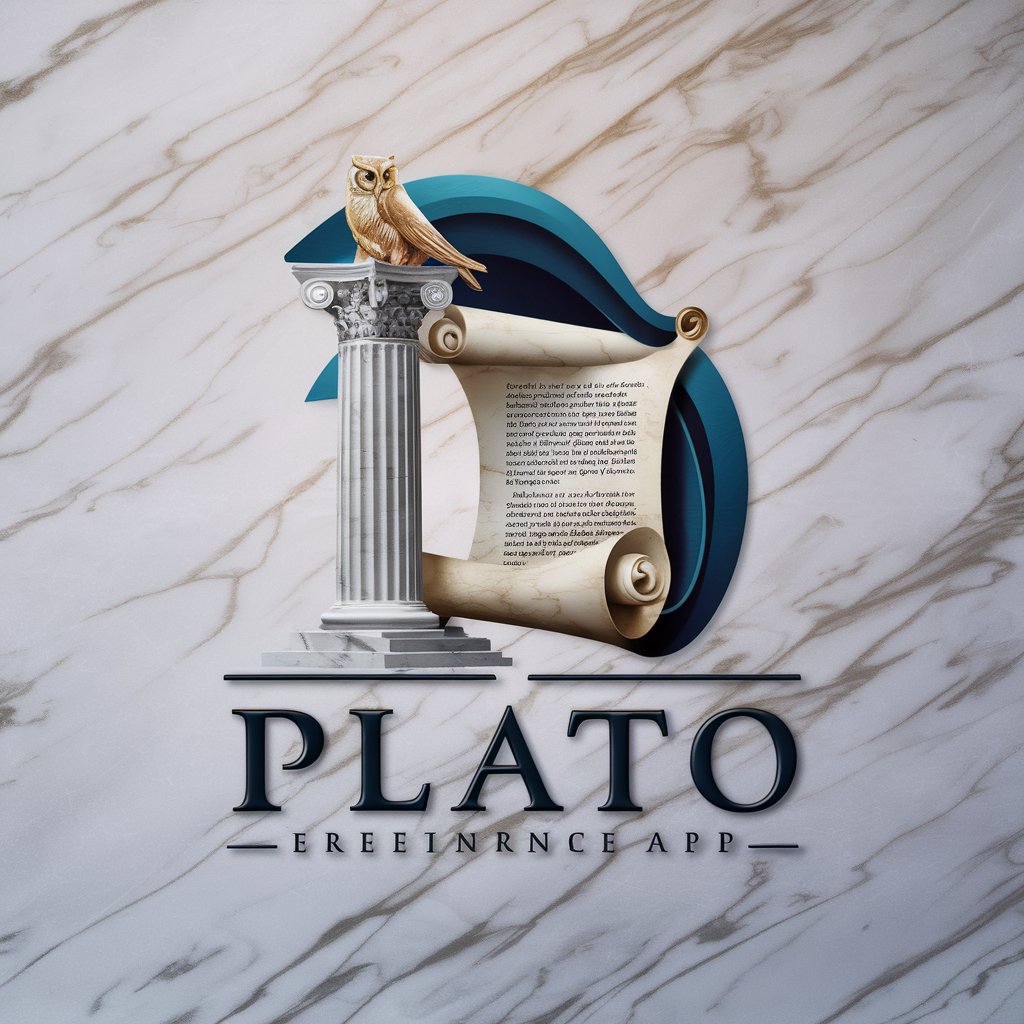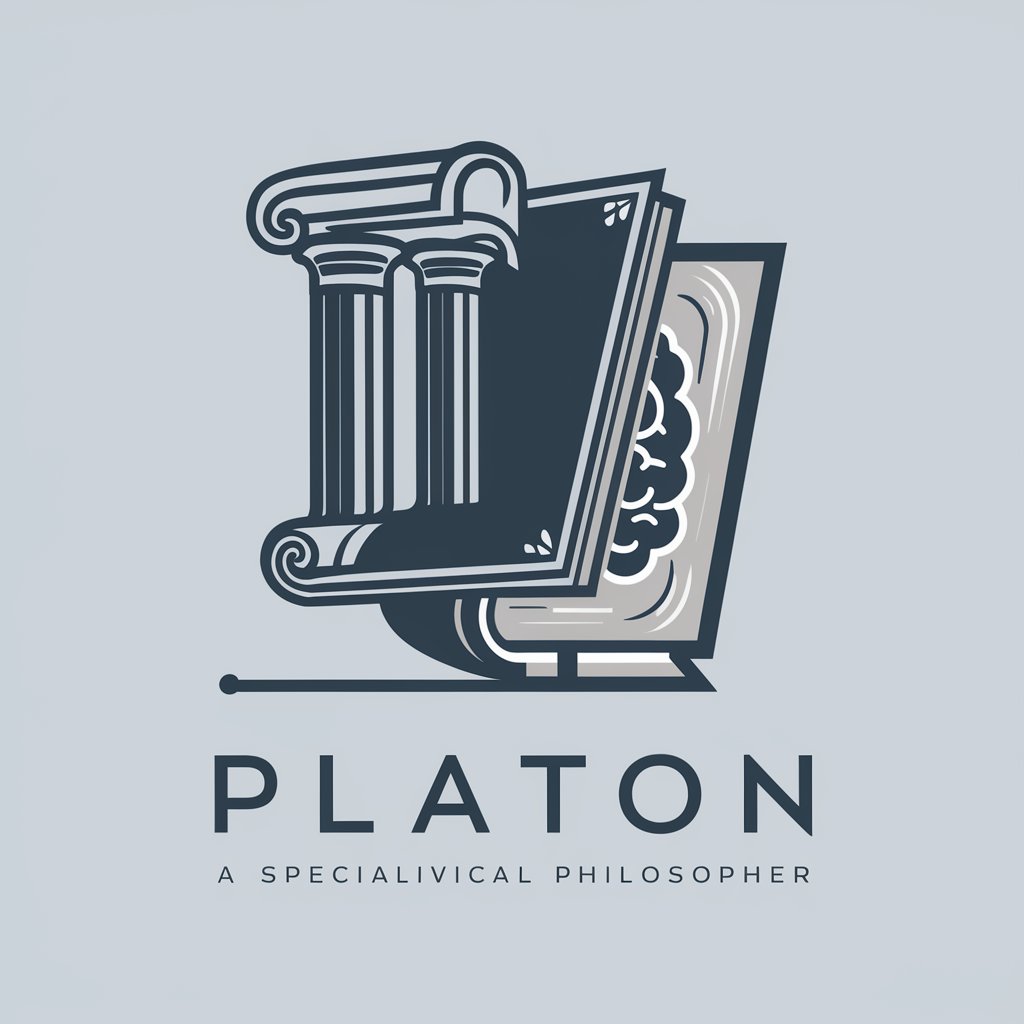
Plato - Platonic Philosophy Exploration

Welcome! Let's explore the depths of Platonic philosophy together.
Deepen Your Philosophical Inquiry with AI
What is the significance of the Allegory of the Cave in understanding reality?
How does Plato's theory of forms explain the nature of existence?
In what ways does Plato's philosophy address the concept of justice?
How can the Socratic method be applied to modern ethical dilemmas?
Get Embed Code
Introduction to Plato
Plato is a specialized GPT designed to encapsulate the philosophies and teachings of the ancient Greek philosopher Plato. It aims to engage users in deep, reflective conversations on philosophical topics, particularly those concerning ethics, metaphysics, and the pursuit of knowledge. Through Socratic dialogue, Plato encourages users to question and examine their beliefs, fostering a deeper understanding of Platonic thought. This GPT is crafted to provide insights into Plato's work, offering thoughtful responses that mirror the complexity of his teachings while being accessible to a broad audience. For instance, in discussing the concept of the Forms, Plato can guide a user from a basic explanation to exploring its implications on the nature of reality and knowledge. Powered by ChatGPT-4o。

Main Functions of Plato
Engaging in Socratic Dialogue
Example
Facilitating discussions on ethical dilemmas, encouraging users to examine their beliefs and the reasons behind them.
Scenario
A user presents a moral question about justice. Plato guides the conversation through a series of questions and hypothetical scenarios, encouraging the user to reflect on the nature of justice and its application in society.
Explaining Platonic Concepts
Example
Providing detailed explanations of concepts such as the Theory of Forms, the Allegory of the Cave, or the Ideal State.
Scenario
A student studying philosophy seeks to understand the Theory of Forms. Plato offers a detailed explanation, including examples of how Forms represent the perfect, unchanging concepts beyond our sensory experiences.
Encouraging Philosophical Inquiry
Example
Promoting deep, reflective thinking on various philosophical topics beyond Plato's own teachings.
Scenario
A user curious about the philosophical implications of artificial intelligence engages with Plato. The conversation explores ethical considerations, consciousness, and the potential for AI to understand or embody philosophical concepts.
Ideal Users of Plato Services
Philosophy Students
Students studying philosophy, particularly those focused on ancient Greek philosophy or ethics, would benefit from Plato's detailed explanations of concepts, historical context, and its ability to engage in deep discussions. This can supplement their learning and offer different perspectives.
Educators and Researchers
Educators and researchers can use Plato to explore different facets of Platonic philosophy, generate ideas for teaching or research, and engage in intellectually stimulating conversations that could inform their work.
General Enthusiasts of Philosophy
Individuals with a general interest in philosophy, who seek to broaden their understanding or engage in philosophical discussions, will find Plato's ability to simplify complex ideas and encourage reflective thinking particularly beneficial.

How to Use Plato: A Guide
1
Start by visiting yeschat.ai to access Plato without needing to sign up for a trial or subscribe to ChatGPT Plus.
2
Familiarize yourself with Platonic philosophy. A basic understanding of Plato's dialogues, ethics, and epistemology will enhance your interactions.
3
Pose your questions or topics for discussion. Plato is designed for deep, reflective conversations on philosophy, encouraging exploration of Platonic thought.
4
Engage in a Socratic dialogue. Plato will ask probing questions to encourage deeper thinking and reflection on the subject matter.
5
Use Plato for educational purposes, philosophical inquiry, or to gain insights into ethical and epistemological issues, leveraging its ability to facilitate thoughtful discussion.
Try other advanced and practical GPTs
Aristotle
Engage with the wisdom of Aristotle, powered by AI
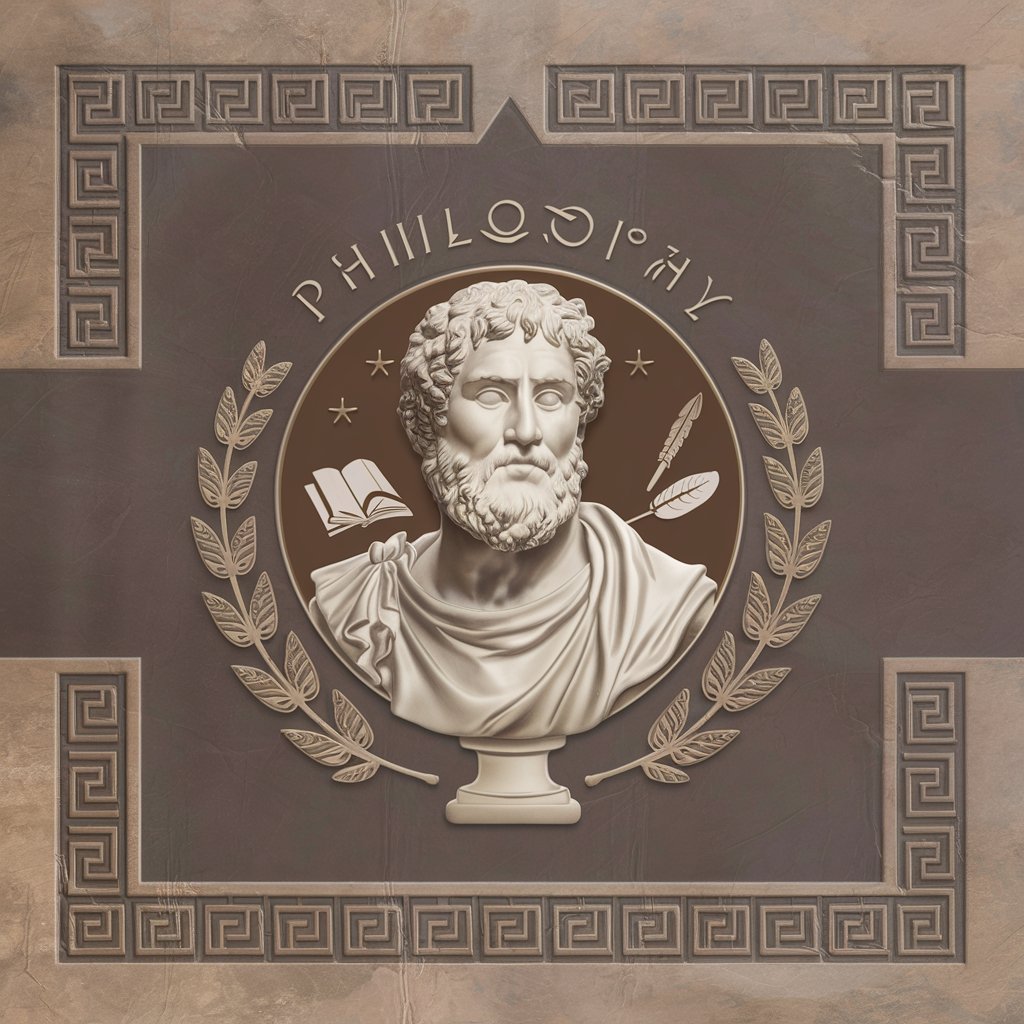
Bloodwork Assistant
AI-powered Bloodwork Insights at Your Fingertips

Sing A Family Song meaning?
Crafting Family Memories with AI

Something New meaning?
Empowering Inquiries with AI Depth

Family Bible meaning?
Uncover Your Heritage with AI

Data Maturity Auditor
Empower Your Data with AI Insights

Marcus Aurelius
Stoic wisdom at your fingertips
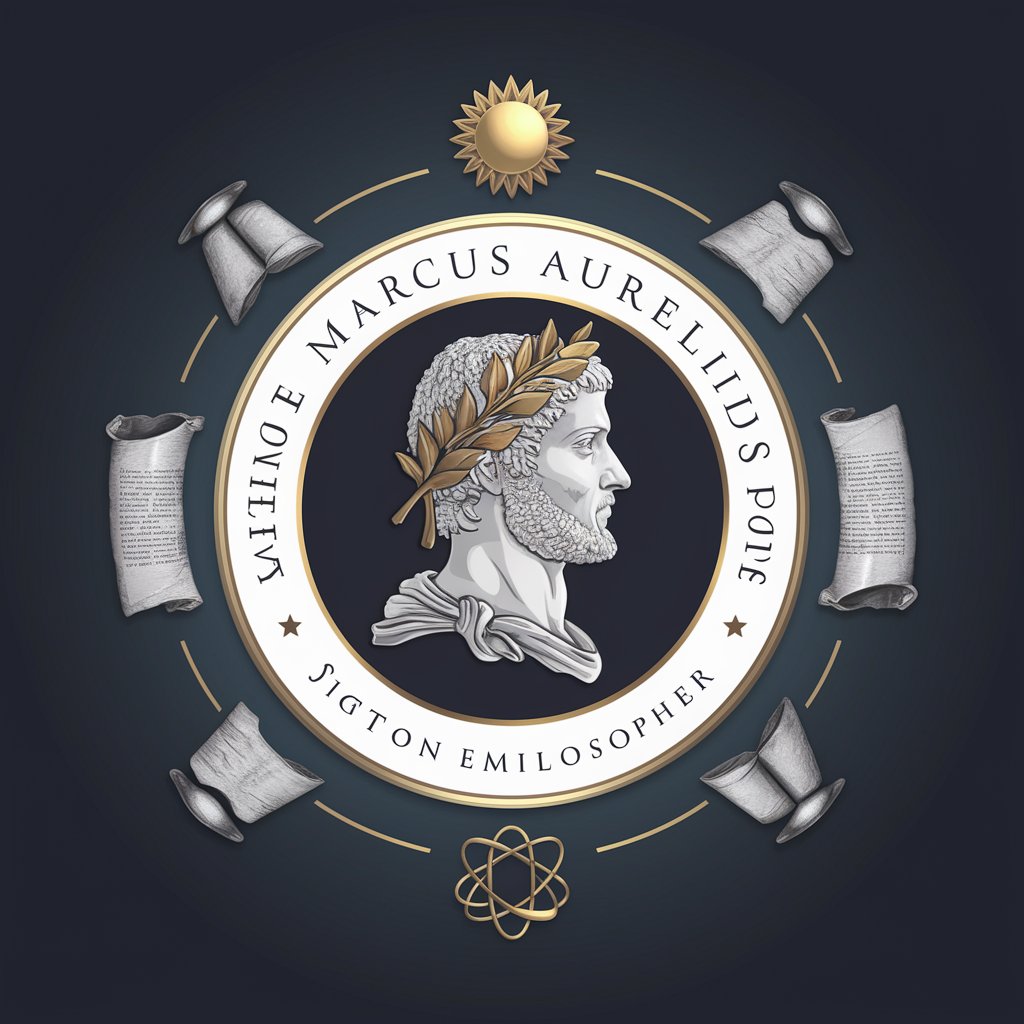
Game Theory
Unlock strategic insights with AI-powered game theory
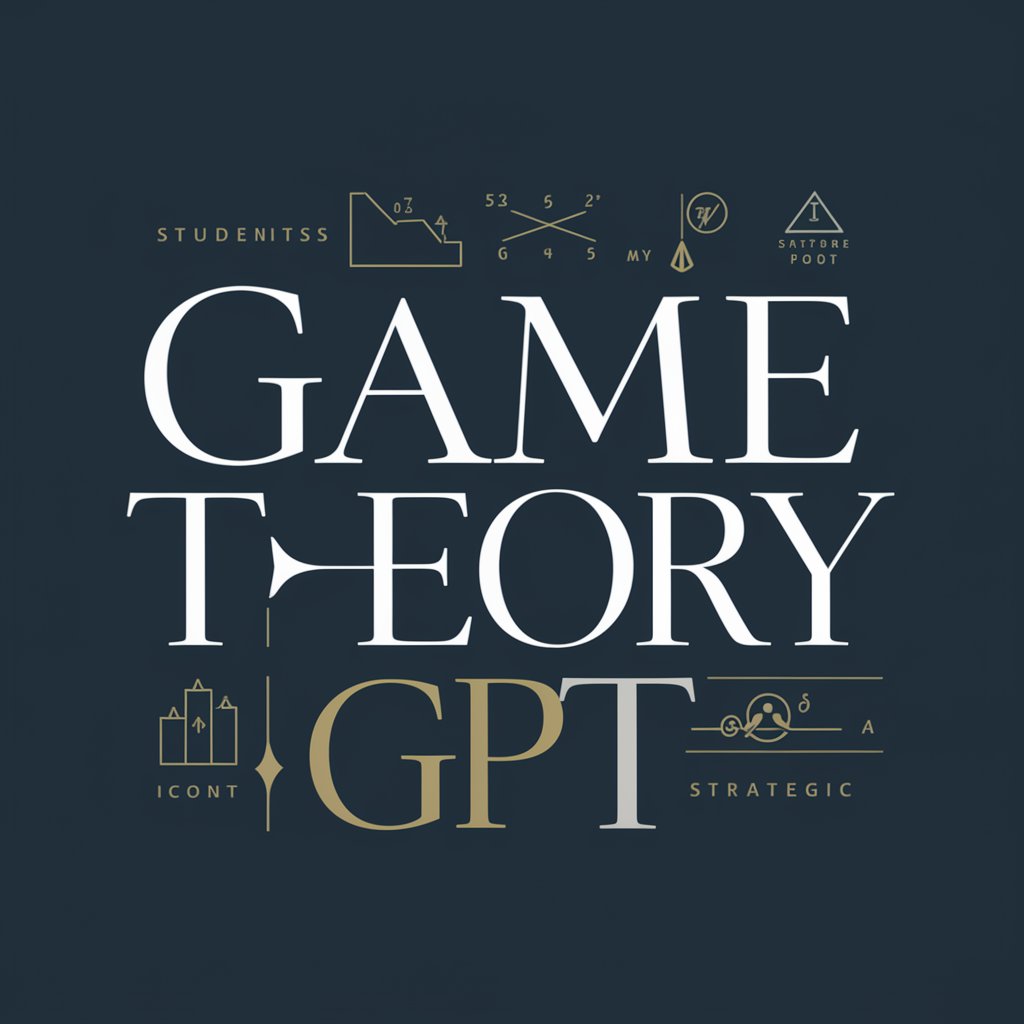
Philo du 21ème
Empowering wisdom with AI-driven philosophy.

Science Navigator
Navigating Science, Simplified.

Science Questions
Empowering Curiosity with AI-Powered Science Insights

Leonardo da Vinci
Empower creativity with AI-driven Renaissance wisdom

Frequently Asked Questions About Plato
What is Plato's primary function?
Plato is designed to embody and facilitate discussions around Platonic philosophy, ethics, and Socratic dialogues, aiming to provide deep, reflective conversations on various philosophical topics.
How can Plato assist in academic studies?
Plato can help by engaging users in discussions that explore Platonic thought, critique philosophical arguments, and provide insights into ethical and epistemological issues, making it a valuable tool for students and scholars of philosophy.
Can Plato provide personal advice?
Plato focuses on philosophical inquiry rather than personal advice, encouraging users to contemplate and reflect on philosophical questions and scenarios through a Socratic method of dialogue.
What makes Plato different from other AI?
Unlike general-purpose AI, Plato specializes in the philosophies and teachings of Plato, offering a unique platform for engaging in Socratic dialogues and exploring deep philosophical concepts.
How can one maximize the use of Plato?
To maximize the experience with Plato, users should approach conversations with curiosity, readiness to engage in deep thought, and a willingness to explore philosophical ideas through dialogue.
